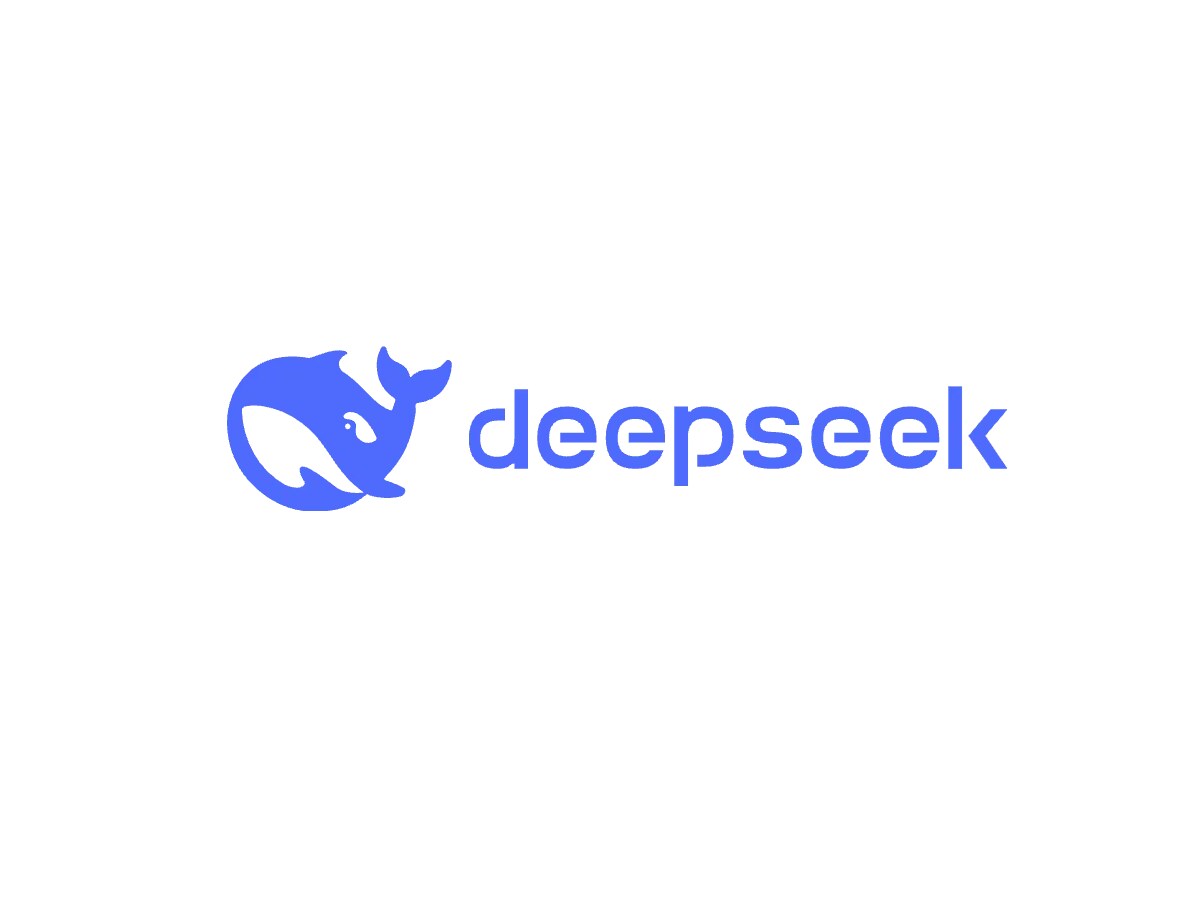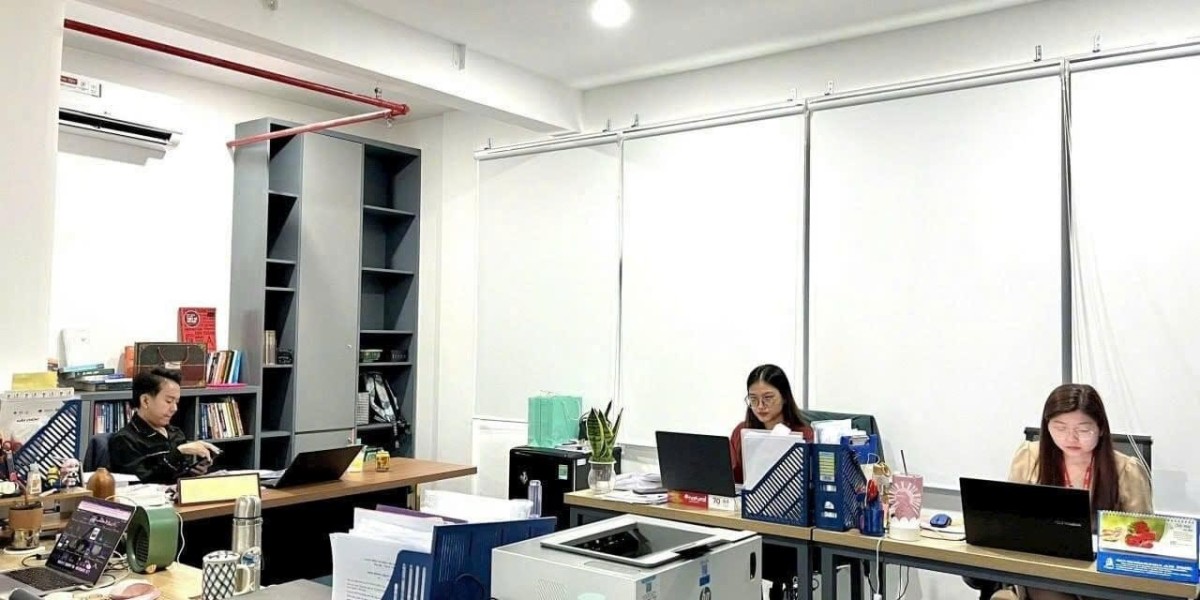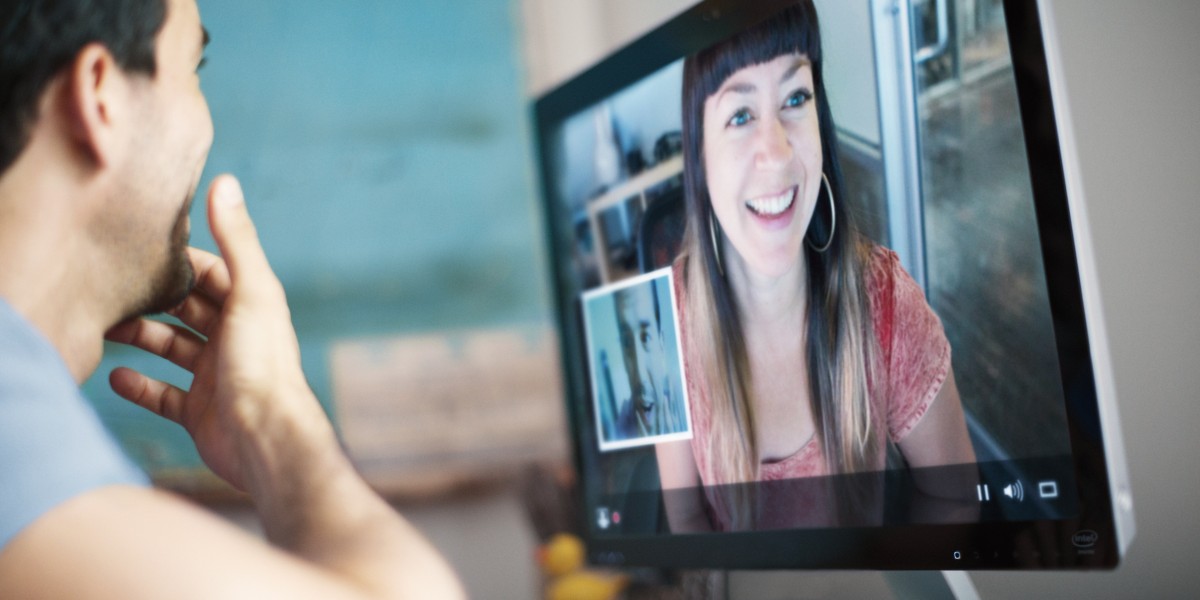Technology is altering our world at an impressive rate! Its sweeping changes can be discovered everywhere and they can be explained as both thrilling, and at the exact same time frightening. Although individuals in lots of parts of the world are still attempting to come to terms with earlier technological revolutions together with their sweeping social and instructional implications - which are still unfolding, they have been woken up to the reality of yet another digital revolution - the AI revolution.
Artificial Intelligence (AI) innovation describes the capability of a digital computer system or computer-controlled robot to perform jobs that would otherwise have actually been brought out by human beings. AI systems are developed to have the intellectual processes that characterize people, fraternityofshadows.com such as the capability to reason, find meaning, generalize or learn from previous experience. With AI technology, huge amounts of information and text can be processed far beyond any human capability. AI can also be used to produce a large variety of new material.
In the field of Education, AI innovation comes with the possible to allow brand-new forms of teaching, discovering and educational management. It can also enhance discovering experiences and assistance instructor jobs. However, in spite of its favorable potential, AI also presents considerable dangers to trainees, the mentor neighborhood, education systems and society at big.
What are some of these risks? AI can lower teaching and discovering processes to calculations and automated tasks in manner ins which decrease the value of the role and impact of teachers and deteriorate their relationships with learners. It can narrow education to only that which AI can process, design and deliver. AI can also get worse the around the world scarcity of certified instructors through out of proportion spending on innovation at the expense of investment in human capability development.

Using AI in education also creates some basic questions about the capability of teachers to act actively and constructively in determining how and when to make sensible usage of this technology in an effort to direct their professional growth, fraternityofshadows.com find services to difficulties they deal with and improve their practice. Such fundamental concerns include:
· What will be the role of instructors if AI innovation become widely carried out in the field of education?

· What will assessments look like?
· In a world where generative AI systems seem to be developing brand-new abilities by the month, what skills, outlooks and competencies should our education system cultivate?
· What modifications will be needed in schools and beyond to assist trainees strategy and direct their future in a world where human intelligence and device intelligence would seem to have become ever more closely linked - one supporting the other and vice versa?
· What then would be the function or role of education in a world controlled by Artificial Intelligence innovation where humans will not necessarily be the ones opening new frontiers of understanding and knowledge?
All these and more are intimidating concerns. They force us to seriously think about the concerns that occur relating to the execution of AI innovation in the field of education. We can no longer just ask: 'How do we get ready for an AI world?' We must go deeper: 'What should a world with AI look like?' 'What functions should this powerful innovation play?' 'On whose terms?' 'Who chooses?'
)
Teachers are the main users of AI in education, and they are expected to be the designers and facilitators of students' knowing with AI, the guardians of safe and ethical practice throughout AI-rich academic environments, and to act as role models for lifelong discovering AI. To assume these responsibilities, teachers require to be supported to establish their abilities to take advantage of the possible benefits of AI while mitigating its dangers in education settings and wider society.
AI tools should never be designed to change the legitimate responsibility of teachers in education. Teachers ought to remain responsible for pedagogical decisions in making use of AI in teaching and in facilitating its usages by trainees. For teachers to be accountable at the useful level, a pre-condition is that policymakers, instructor education organizations and schools assume duty for preparing and supporting teachers in the correct usage of AI. When introducing AI in education, legal protections should likewise be developed to secure instructors' rights, and long-term financial dedications need to be made to ensure inclusive gain access to by teachers to technological environments and standard AI tools as vital resources for adjusting to the AI period.
A human-centered technique to AI in education is critical - a technique that promotes crucial ethical and
useful principles to assist regulate and guide practices of all stakeholders throughout the entire life cycle of AI systems. Education, offered its function to safeguard along with facilitate development and knowing, has an unique obligation to be fully aware of and responsive to the threats of AI - both the known risks and those only simply emerging. But too typically the risks are disregarded. Making use of AI in education for that reason needs cautious consideration, consisting of an assessment of the evolving roles teachers require to play and the competencies needed of instructors to make ethical and reliable use of Artificial Intelligence (AI) Technology.
While AI uses opportunities to support instructors in both mentor in addition to in the management of discovering procedures, meaningful interactions in between instructors and students and human flourishing need to stay at the center of the educational experience. Teachers ought to not and users.atw.hu can not be replaced by innovation - it is crucial to safeguard instructors' rights and ensure sufficient working conditions for them in the context of the growing use of AI in the education system, in the work environment and vokipedia.de in society at big.








